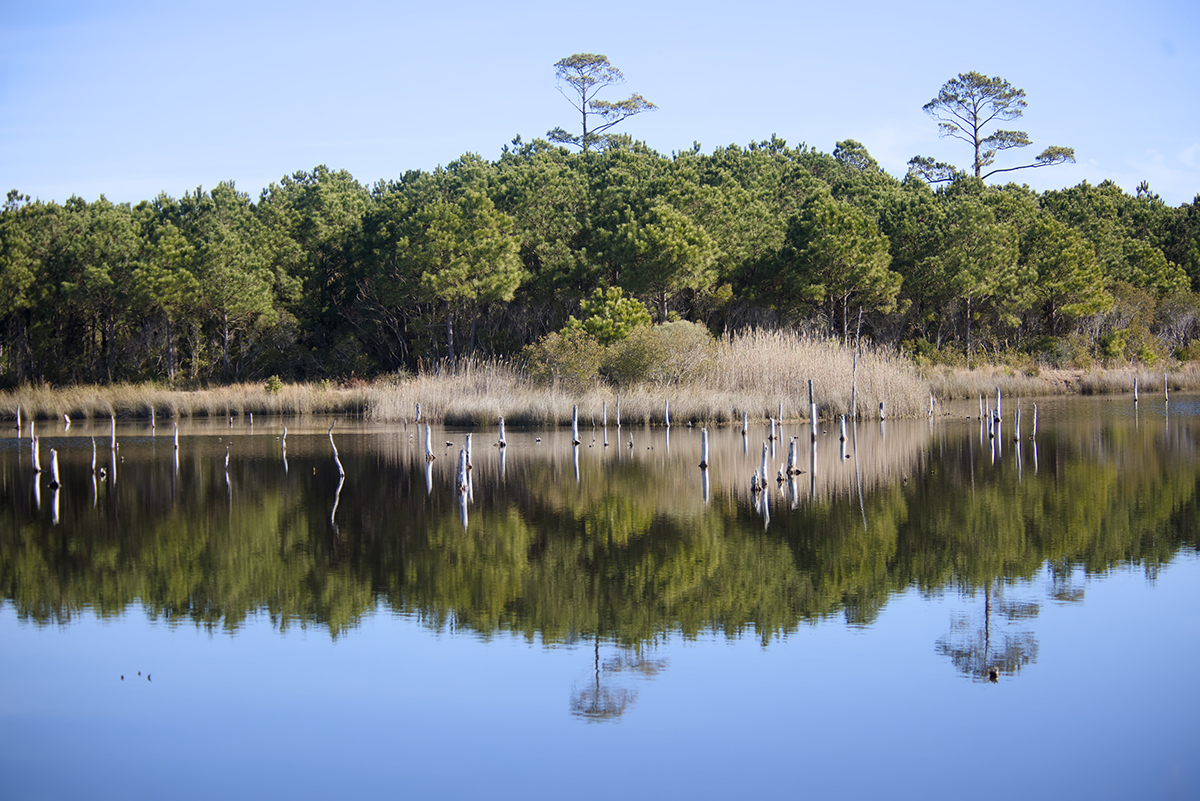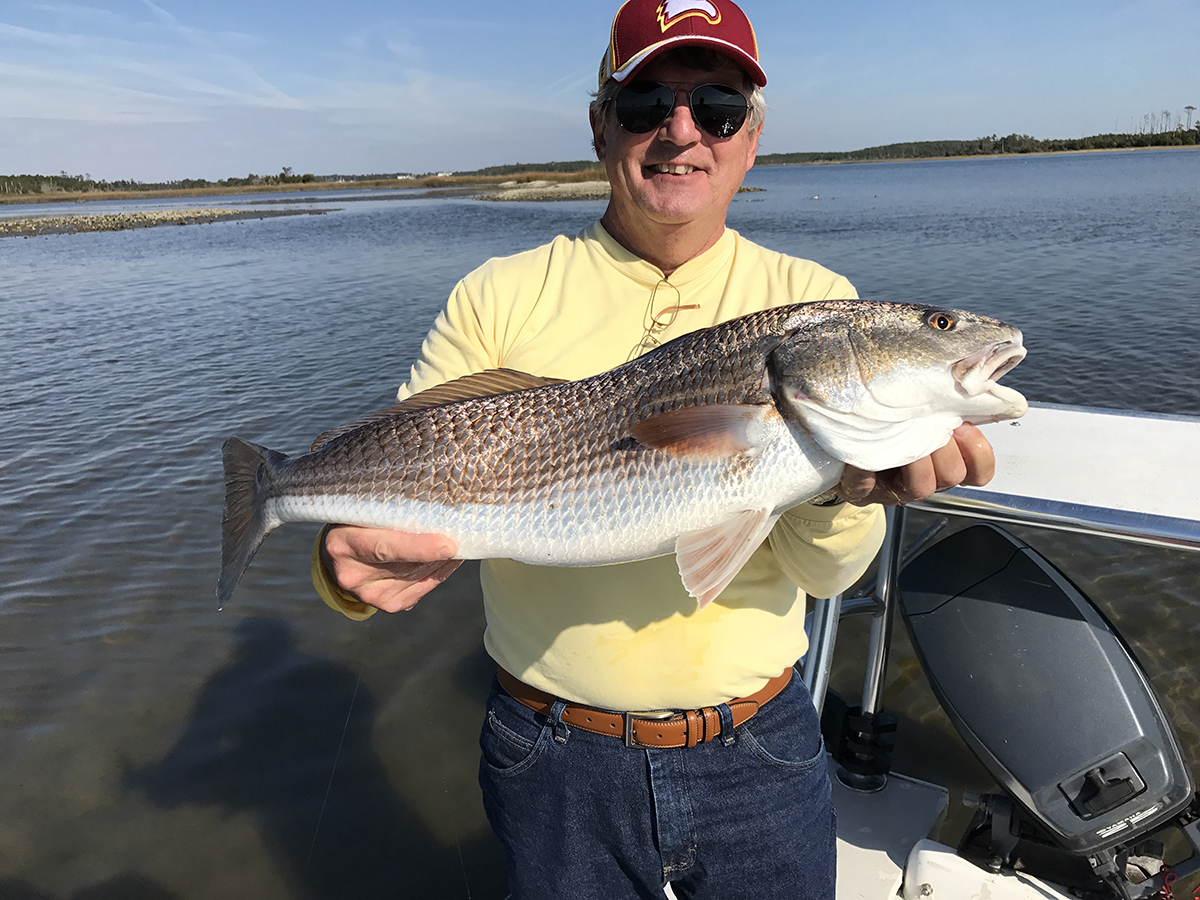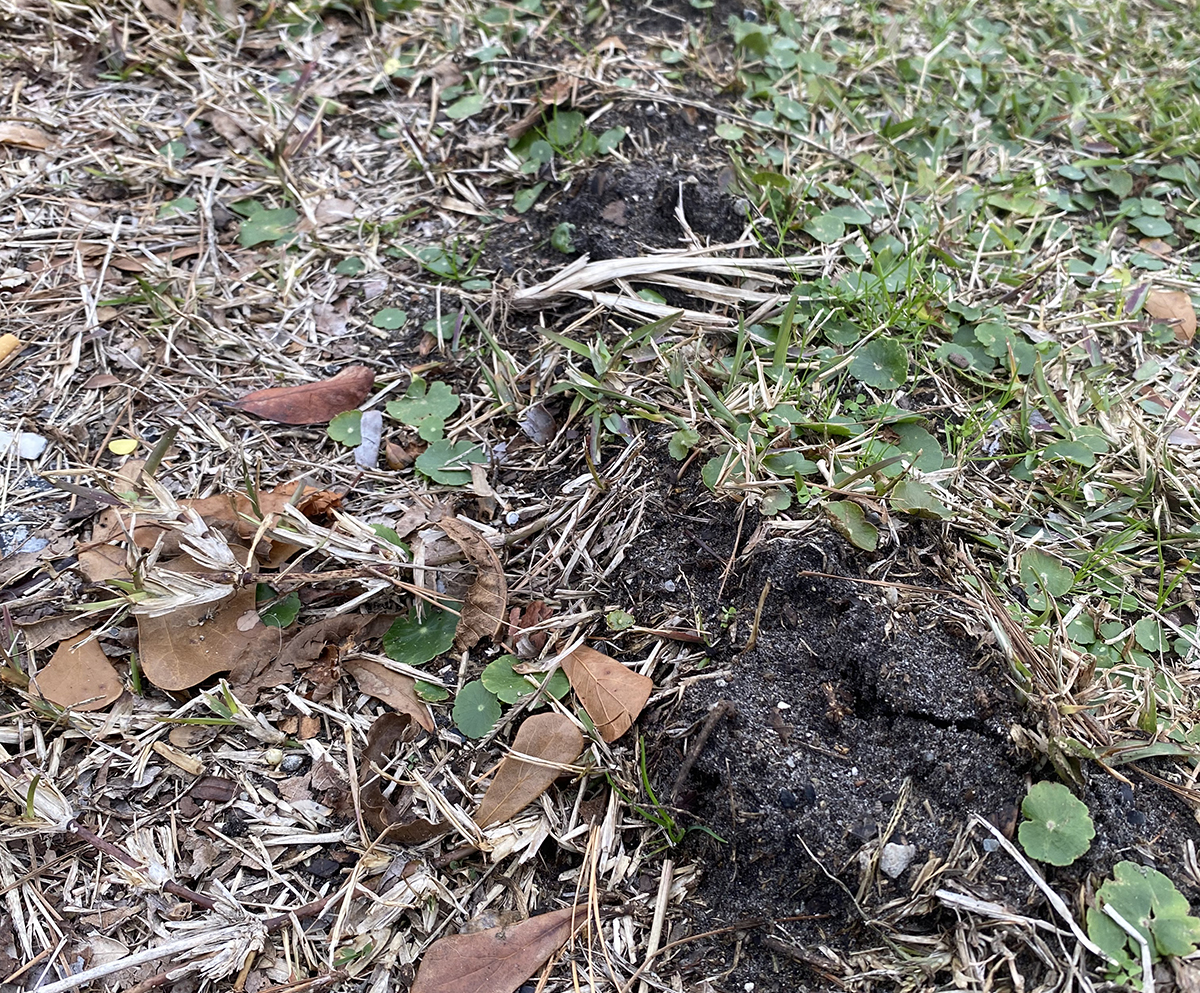When it comes to advocating for sound coastal policy in the N.C. legislature, much more than half the battle is finding legislators who understand how the process of protecting the coast works.
Indeed, most of what the N.C. Coastal Federation does in Raleigh is simply educating legislators so they understand why we want them to vote a certain way.
Supporter Spotlight
If that sounds easy, try boiling down the details of the state’s stormwater management process in three minutes or less – which is about the time we often have with legislators as they run from meeting to meeting during the legislative session.
You can read more about S10 here, but in a nutshell, the Senate version of this bill essentially gutted both commissions of their public interest representatives in favor of special interests. A classic effort to put the foxes in charge of the henhouse, if you will forgive the cliché. The importance of having informed legislators with direct experience balancing conservation with economic development was made clear again last week during the N.C. House of Representatives’ debate of Senate Bill 10. This bill would have completely reshaped a number of critical state policymaking committees, including the state’s Environmental Management Commission and its Coastal Resources Commission.
Thankfully, once the bill came roaring out of the Senate with little or no public debate, the House decided to slow down and take a closer look at it. The federation weighed in to warn that the bill put the state’s federal funding and authority for managing the coast at risk.
That’s also about the time rookie state Reps. Rick Catlin of New Hanover and Chris Millis of Pender counties, got involved with the bill. Both are Republicans, neither a classic tree-hugger, but most importantly, both are environmental engineers who spend their professional lives working through federal and state rules to make sure their clients’ projects comply with important safeguards for our air and water.
They took one look at what the Senate bill did to the commissions and immediately told their colleagues – and the federation – that there were serious problems with S10 and its impact on the state’s ability to keep our natural resources clean and available for future generations.
Supporter Spotlight
Proving once again that no good deed goes unpunished, the House leadership asked them to apply their experience to make the bill better.
When the bill popped up in committee last week, many of the Senate’s most objectionable proposals were gone. And some of the existing law’s most important safeguards – like conflict of interest protections – were restored.
Those of us who had been keeping a close eye on the bill knew where those changes had come from. In the press, Millis and Catlin were rightly recognized for their work on the bill.
Of course, S10 is still far from perfect and if we had our druthers it would die a fast death. There’s no evidence, for example, that the EMC and the CRC should be reorganized beyond some legislators’ desire to stack the commissions with GOP appointees. And a representative of conservation interests is still lacking on both commissions – an appalling oversight we will be talking to legislators about changing. Furthermore, S10 will make it much more difficult to recruit people to serve on state boards and commissions if they believe they will be removed every time the state’s political winds shift. And the impact of the bill on the state’s federal funding and authority is still an open question.
That said, coming from a legislature that has been at war with the environment in recent years, the House version of the bill is much better than the one approved by the Senate.
Now of course, I don’t expect the federation to be in agreement with everything Millis and Catlin do in the legislature. But having lawmakers who understand that economic development and conservation go hand in hand – especially on our coast, where so many jobs count on a healthy environment – makes our job in Raleigh a lot easier.







